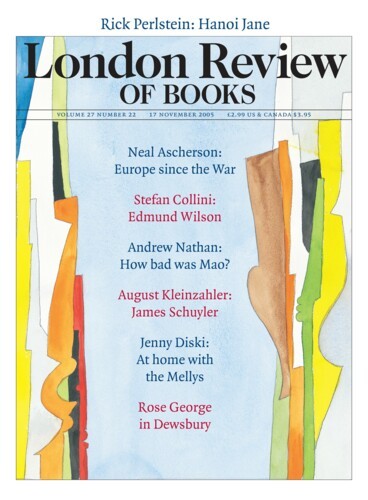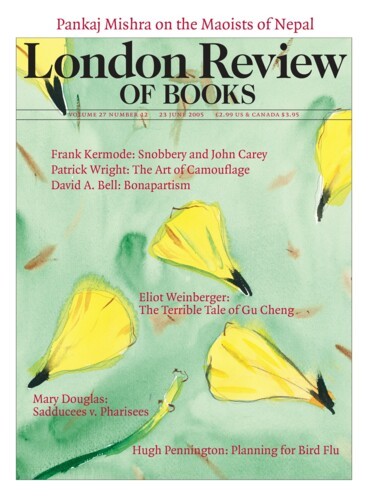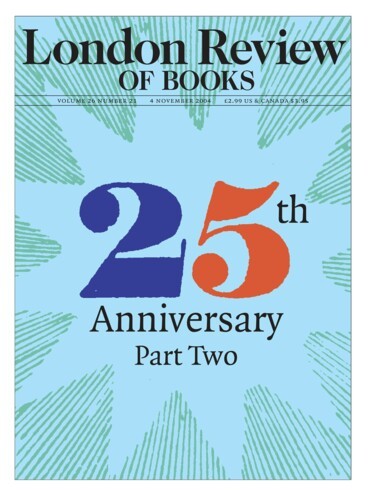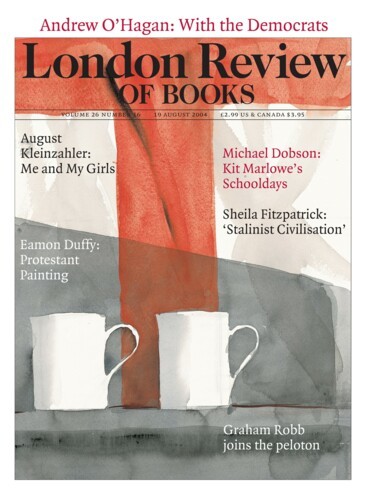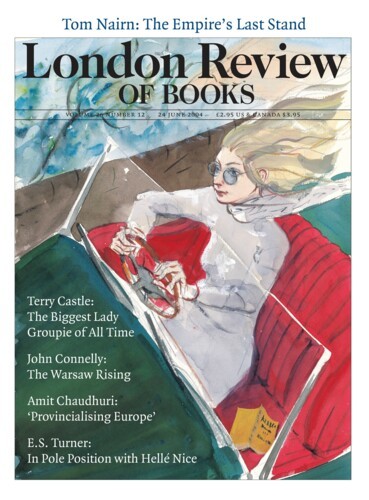Poem: ‘Coming to France’
Robert Crawford, 17 November 2005
after the Latin ‘Adventus in Galliam’ of George Buchanan (1506-82)
Badlands of Portugal, bye-bye For ever, starving crofts whose year-round crop Is lack of cash. And you, fair France, bonjour! Bonjour, adoring sponsor of the arts, Your air’s to die for, and your earth’s so rich Vineyards embrace your warm, umbrageous hills, Cows crowd your pastures, glens gabble with...
